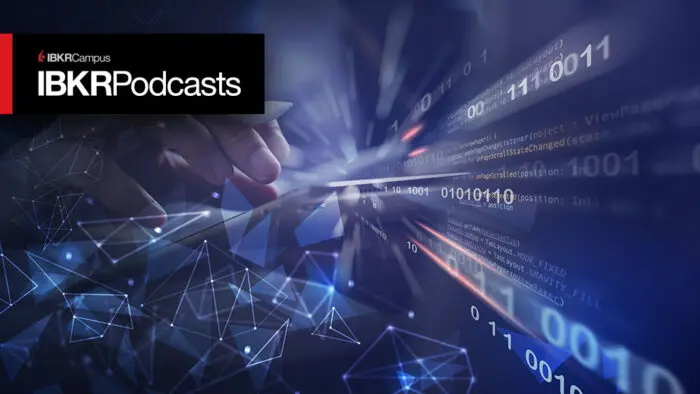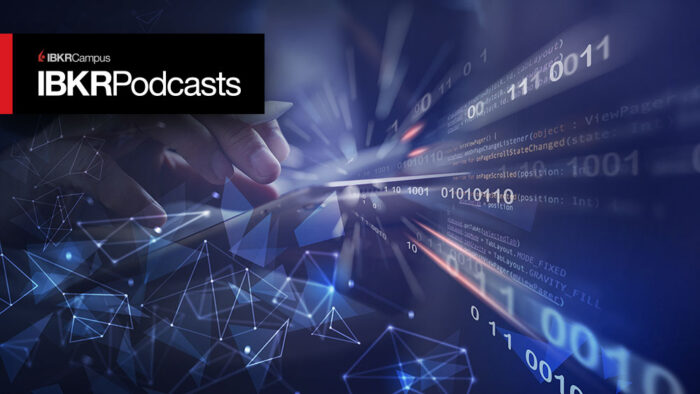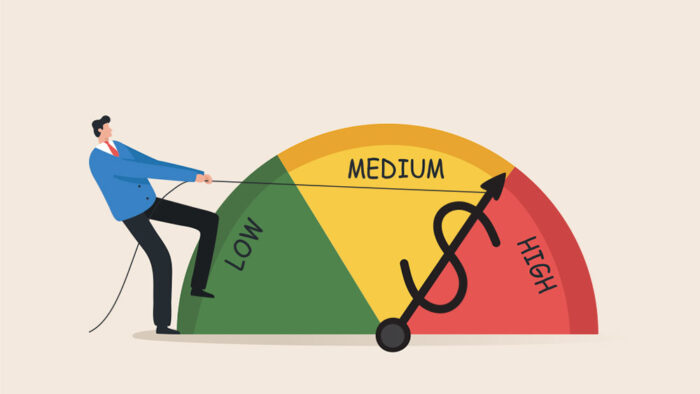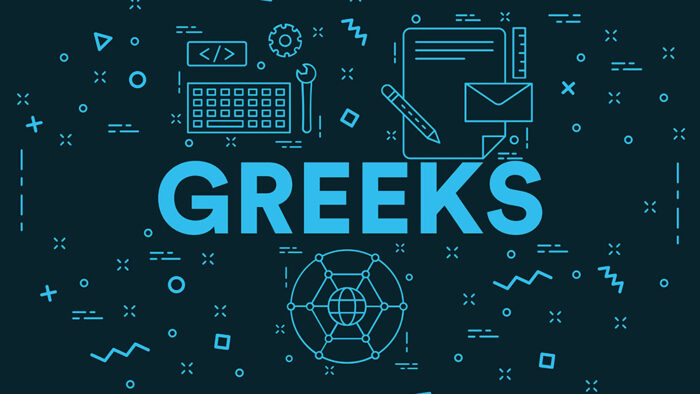Summary: Though gold has skidded into its worst losing streak in more than 150 years, central bank buying has accelerated to multi-decade highs. That’s likely due to deteriorating geopolitical and economic conditions, which threaten to derail the ongoing spate of monetary tightening that has suppressed gold prices throughout most of the year.
Many central banks gold buyers are the usual suspects, but “unreported purchases” are also playing a major role in demand. China and Russia typically fall under this category but representatives of Russia’s central bank recently claimed they have halted purchases of Gold. China is likely still accumulating, however, with imports of the metal reaching a four year high in August.
As the Wall Street Journal notes, Gold fell for its seventh straight month in October. Per Deutsche Bank, that is the metal’s worst losing streak since 1869. That has not stopped some of the largest financial institutions in the world from accruing more, however, as central banks bought a record 399 tonnes of gold worth around $20 billion in the third quarter of 2022 alone. That’s according to the World Gold Council (WGC), who notes that haul far exceeds the previous quarterly record in data stretching back to 2000 and took total central bank purchases for the year to 673 tonnes through September; more than the total purchases in any full year since 1967.
The recent jump in central bank buying is only an amplification of an already existing trend that goes back to last year. Central banks added 463 tons to reserves in 2021 as well, an increase of more than 80% from the year prior, per WGC data.
Though a significant portion of gold’s price trajectory has been (and will be) determined by the path of monetary policy going forward, policymaking institutions are likely buying up gold to hedge against geopolitical and economic uncertainty that continues to loom large over the entire world.
Russia and Ukraine has already devolved into a devastating war that appears to have no limit on potential escalation while China gradually lurches further and further into Taiwanese airspace. Just yesterday, North Korea fired off the largest number of short-range missiles they’ve ever launched in a single day into the waters off the east and west coasts of the Korean Peninsula.
On the economic front, recession appears more and more likely for major economies across globe heading into 2023, threatening to disrupt the monetary tightening taking place in the US – undoubtedly the top variable that has suppressed gold prices throughout the year. If the size and volume of rate hikes potentially closing in on a peak, that would also signal a possible turning point for gold as well.
Though several of the top institutional gold buyers were no surprise, including Turkey, India, and Qatar, Bloomberg reports that what WGC refers to as “unreported purchases” amounted to a “substantial” estimate. Many central banks either do not report purchases or may do so with a lag, the WGC noted. A couple of the countries who usually abstain from reporting their gold buys are notorious gold hoarders Russia and China.
Each of those countries not only buy gold in the open market, but have a significant flow of domestically-mined gold within their respective nations.
For instance, Chinese miners produced 269.987 tons of gold in the first nine months of this year, an increase of 33.235 tons or 14.0% from the same period last year, industry data cited by China Daily showed. At the same time, gold shipments into China are surging as imports hit a four-year high in August. Despite a wave of outflows from gold ETFs, which jumped to a 19-month high September, Chinese gold ETFs defied the trend and witnessed their fourth consecutive monthly inflow.
Back in June, we noted that the CBR resumed purchases in their domestic market, following a two year hiatus, at a fixed price of ₽5,000 per gram (₽141,748 or $2,268 per oz at the time) between March and June of this year. Following the Ruble’s rapid appreciation, touching a seven year high versus the US Dollar (USD) in late June, Russia said they would renegotiate that price. Per Bloomberg, the CBR spent six years continually accumulating a significant gold horde, doubling its holdings and becoming the biggest sovereign buyer throughout the latter part of the 2010s. The CBR held about 2301 tons of gold at the end of 2021, representing the fifth-highest level of reserves worldwide. More recently, however, Russia’s central bank deputy governor Aleksey Zabotkin recently stated that it would be inadvisable to continue accumulating gold at this point, citing a potential increasing of the nation’s money supply amid high rates of inflation within the country. While the central bank itself may be backing off from a gold-buying policy, gold and precious metals are still flying off the shelves in Russia. Kitco reports that the federation’s largest lender, Sberbank, has sold 100 tonnes of precious metals (89 tonnes of that being silver), as the bank’s customers opened 300,000 new unallocated metal accounts between January and September, Interfax reported. Though most of the new purchases were silver, Kitco notes Russians still spent around $550 million on gold at Sberbank.
Supplemental material for today’s market insight…
The Biggest Reason To Buy Gold Right Now Isn’t Inflation
Gold has traditionally benefited from periods of high inflation and especially negative real interest rates, though the linear relationship is rather weak. In fact, over the past 50 years, research has shown that only 16% of gold price variation is directly caused by changes in CPI inflation.Read the full article from Samuel Smith (via Seeking Alpha) +
Russian gold miner Polymetal’s Q3 revenue down 13% y/y
Polymetal’s third-quarter revenue fell by 13% year on year to $714 million due to accumulated inventory and lower metal prices, the Russian gold and silver producer said on Wednesday. However, export sales resumed at full speed at the end of the third quarter, Polymetal said, adding that it expects the gap between production and sales to close by the end of 2022.
Read the full article from Reuters +
—
Originally Posted November 2, 2022 – Central Banks Embark on a Gold Buying Spree as Instability Threatens to Spark a Rally
Disclosure: Interactive Brokers
Information posted on IBKR Campus that is provided by third-parties does NOT constitute a recommendation that you should contract for the services of that third party. Third-party participants who contribute to IBKR Campus are independent of Interactive Brokers and Interactive Brokers does not make any representations or warranties concerning the services offered, their past or future performance, or the accuracy of the information provided by the third party. Past performance is no guarantee of future results.
This material is from McAlinden Research Partners and is being posted with its permission. The views expressed in this material are solely those of the author and/or McAlinden Research Partners and Interactive Brokers is not endorsing or recommending any investment or trading discussed in the material. This material is not and should not be construed as an offer to buy or sell any security. It should not be construed as research or investment advice or a recommendation to buy, sell or hold any security or commodity. This material does not and is not intended to take into account the particular financial conditions, investment objectives or requirements of individual customers. Before acting on this material, you should consider whether it is suitable for your particular circumstances and, as necessary, seek professional advice.
Disclosure: Futures Trading
Futures are not suitable for all investors. The amount you may lose may be greater than your initial investment. Before trading futures, please read the CFTC Risk Disclosure. A copy and additional information are available at ibkr.com.




















